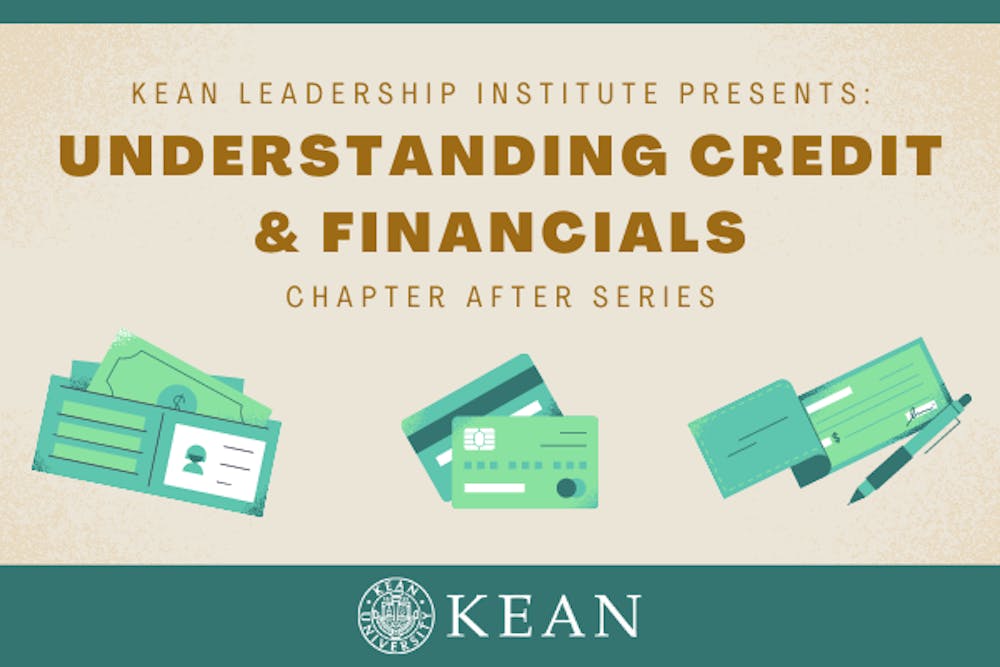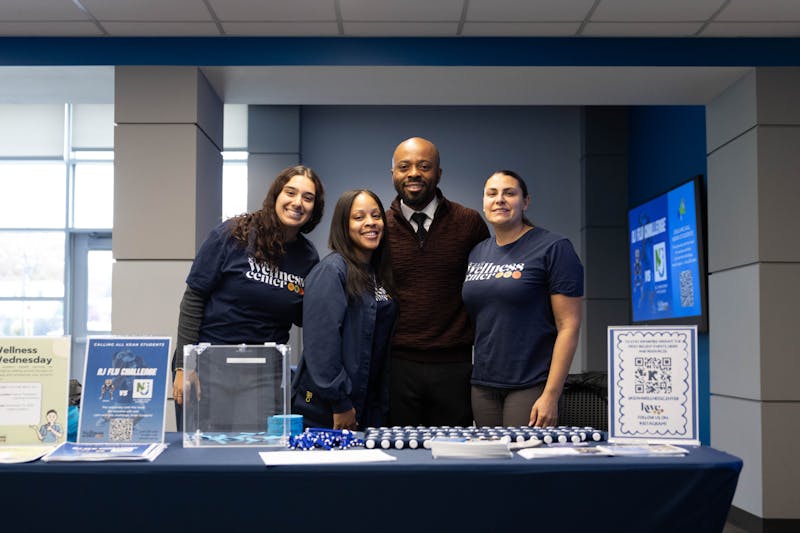The Leadership Institute hosted its second Chapter After Workshop on Wednesday, Oct. 28. This virtual seminar talked about the importance of understanding credit as well as general financial literacy. The workshop also gave insight about certain myths with credit cards as well as some tips and tricks on how to start building credit straight out of college for students to build up their credit scores.
Why is it important to understand financial literacy? So students can understand the value of a dollar to save up for a new car or potentially buy a house. Without financial literacy, it can get really easy to get into trouble with not paying bills or other essential needs. This type of education is crucial to help people save money to avoid high levels of debt which may result in bankruptcies, defaults, and foreclosures.
This is where having a good credit score comes into place. Having a good credit score will help banks and other lenders determine risk management with lending money and qualify for low interest rates making them a desirable consumer. Employers may also request to see a candidate's credit score to see if they are a low-risk for their company when hiring new people. However, having a bad credit score may impact people in the future if they decide to take out a loan for school or want to buy a fancy car making them a high risk of not paying back their money.
Haithem El Gobji, a guest speaker at the workshop talked about how a credit score is basically a report card of how somebody is doing with their finances.
"It's not about how much money you owe. It's a report card. A credit report is more of a report card of how you are doing and how you are using your financial access to money. Whether its a credit card, loans, or a bill that needs to be paid off, its a report card since you started credit and it never stops," said El Gobji.
The seminar also talked about the use of credit cards and how they can build up a credit score if done right. Banks give credit cards to people who filled out an application for them and are qualified after providing a proof of income. Every month, the bank issued with the credit card sends out a statement saying the transactions that have taken place in the last month as well as how much money is owed after using the card. Paying it off on time allows the user's credit score to go up but putting it off for too long may cause it to go down.
All of this sounds like a great idea to pay off a tv or buy a new computer in installments instead of all at once. Credit cards are basically money a bank is loaning to the user. It is up to the user to make sure it gets paid back on time otherwise, they may face the consequences. If a balance is not paid off right away, the bank has the right to add on interest charges making those purchases cost even more than before at the end of each billing cycle. That interest charge is based on a credit card's interest rate as well as the total balance on the card that is owed. Both of these rates can fluctuate so it is important to check them regularly.
One may get caught up with the freedom of having a credit card so it is important to make the best investments instead of buying things that my not be as needed. Having a "good" credit score will help people in the long run compared to not paying bills and having a "bad" credit score. If not abused, credit cards do have plenty of financial benefits but they are not a substitute for cash. Having more credit is not always a good thing so it is important to build up funds that do not have to rely on credit.
"It's not about just paying everything with cash having no debts and thinking you are ok. Credit is a good thing and it is how you use credit that people look at. If you have no credit that you are using or not using, how can a bank or anybody looking to lend you money judge you?" said El Gobji. "There needs to be a credit history built and it always important to start small like having only at least one credit card while in college is recommended."
The workshop hopefully made students realize how to better understand the financial system and the importance of financial literacy as well as the use of a credit card. When applying for a credit card and finally receiving it, students are reminded that the longer it takes to pay the money back to the bank, the more it will cost in the long run.
For more events hosted by the Leadership Institute, please make sure to check out their page on Cougar Link or email them at leadershipinstitute@kean.edu for information.







